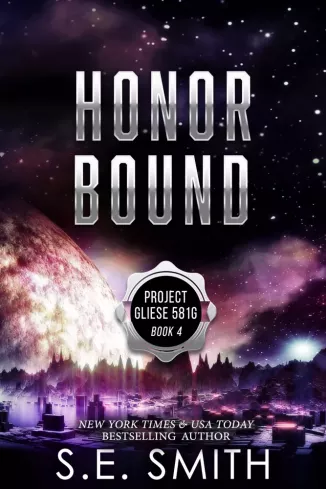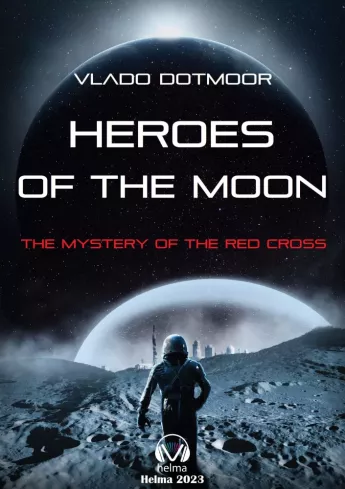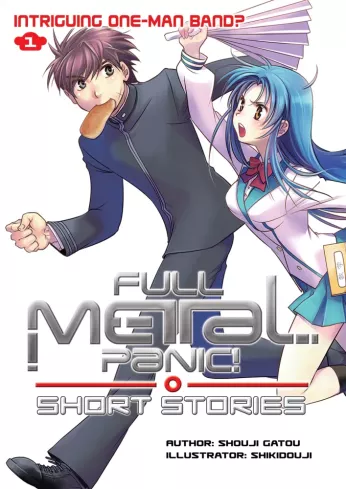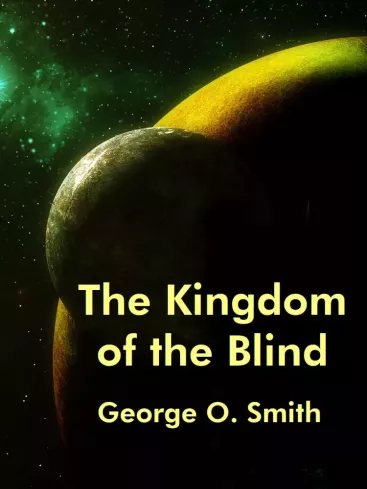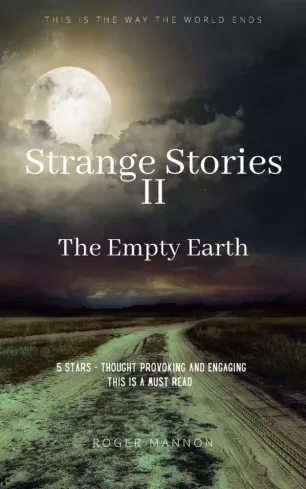
Today, with climate change unchecked, we sit at the precipice of destruction, teetering on the edge, digging our hands into the dirt, scrabbling for purchase, for salvation.
Will we topple over the edge or, at the last minute, save ourselves? My stories assume we will continue to ignore the danger and that will lead to the end of humanity.
Today, with climate change unchecked, we sit at the precipice of destruction, teetering on the edge, digging our hands into the dirt, scrabbling for purchase, for salvation.
Will we topple over the edge or, at the last minute, save ourselves? My stories assume we will continue to ignore the danger and that will lead to the end of humanity.
Global warming, too long ignored, comes for us at last in two of the stories presented here. Both stretch the boundaries of the short story definition, approaching novella length. Both are stories of their survival and the lonely life that followed the climate apocalypse.
In the first, the sweltering heat of a warming planet, coupled with rapidly rising waters and terrible storms, do us in. In the second, the melting permafrost of the frozen north releases an ancient, deadly virus to finish us off.
Frighteningly, both scenarios are far too possible. The possibilities I based the stories on are remote and almost certainly will never happen. Still, the idea of very rapid global warming or an unknown virus emerging from a frozen sleep as the permafrost thaws were just too good to pass up.
The final story is a bit different. It offers one answer to the age-old question, ""What happens to us after we die?"" In this version, quantum physics Many Worlds Theory offers an answer.
